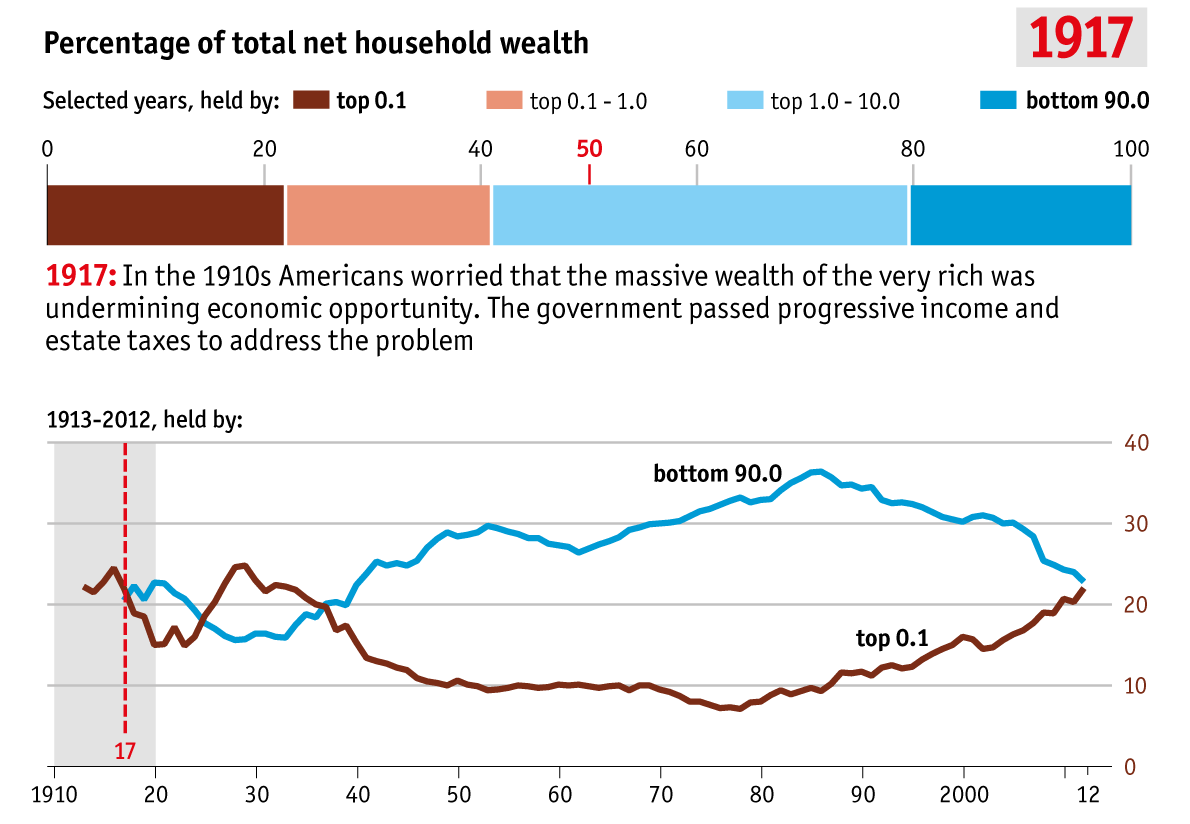JimBowie1958
Old Fogey
- Sep 25, 2011
- 63,590
- 16,756
- 2,220
- Thread starter
- #21
No, it is not a subjective opinion. Fairness is equality before the law coupled with equal opportunity. An y grade school kid knows this.
I have to disagree on this. Fairness can sometimes be assessed empirically; other times, it cannot. Depending on the context, fairness and justice, which around here seems as often as not what folks mean when they write "fairness," may not be the same things, and yet at times they are.
[I presume you meant "grade school" not "grad school?" I adjusted your statement accordingly in this post.]
W hile there are multiple definitions on words depending on context, I think I used an appropriate meaning for the word 'fairness' here as we are not discussing appearance, skin tone, baseball or a myriad other topics in which a different definition would be more appropriate.
And you were right about 'grad school' of course, so thank you!




